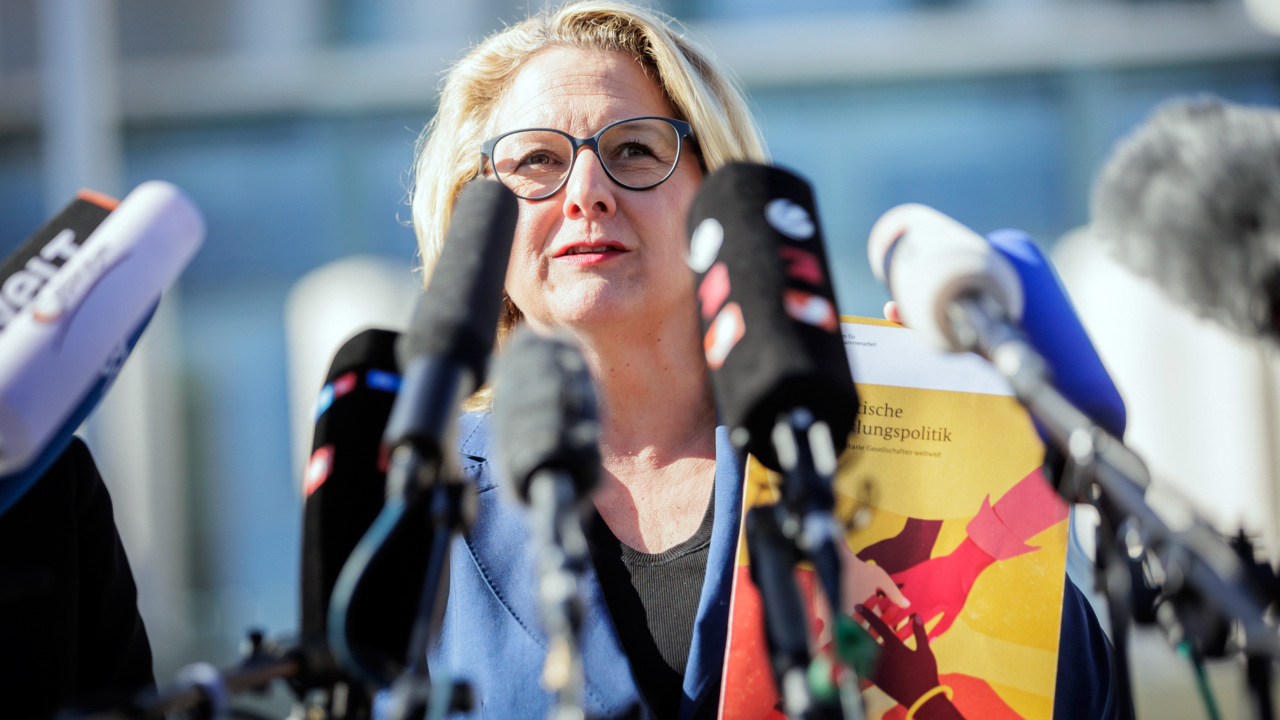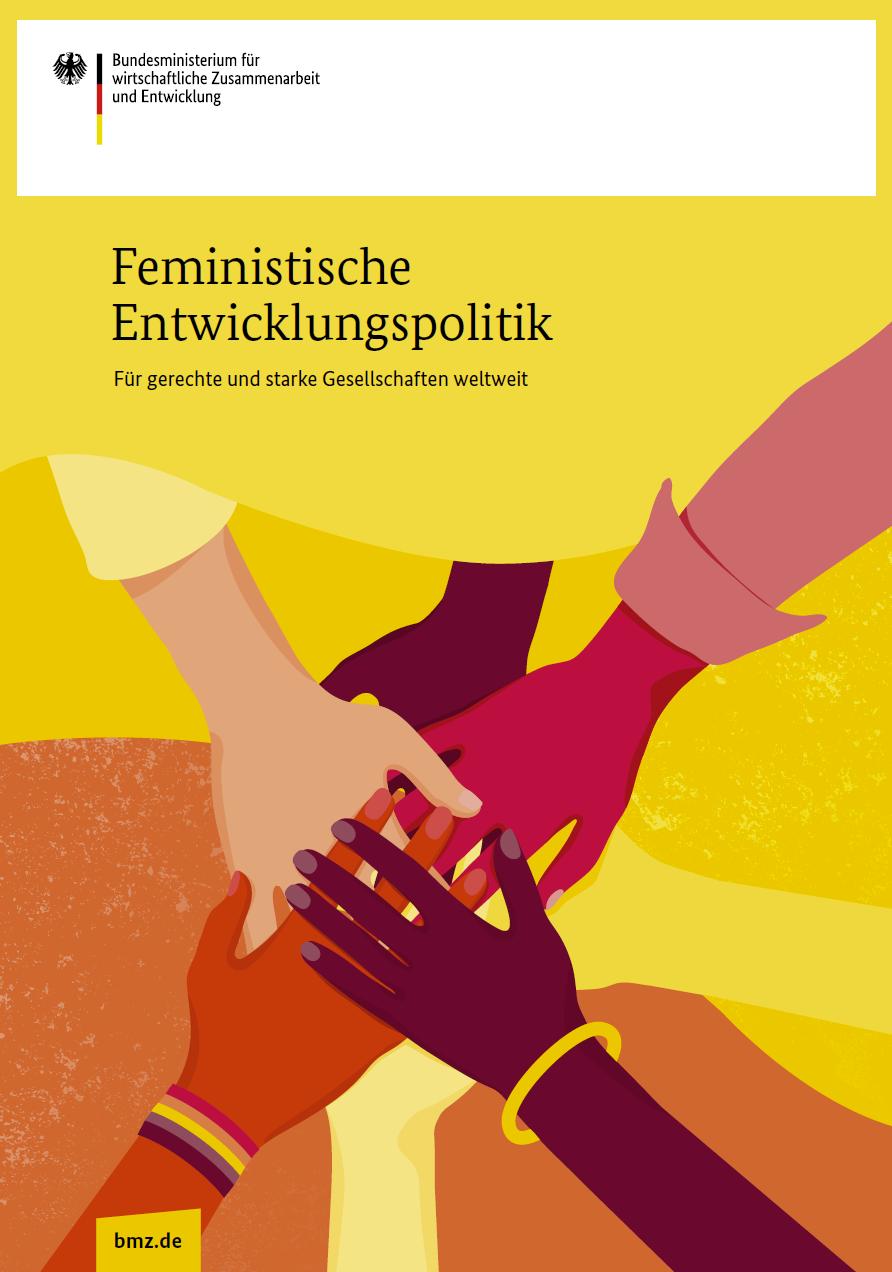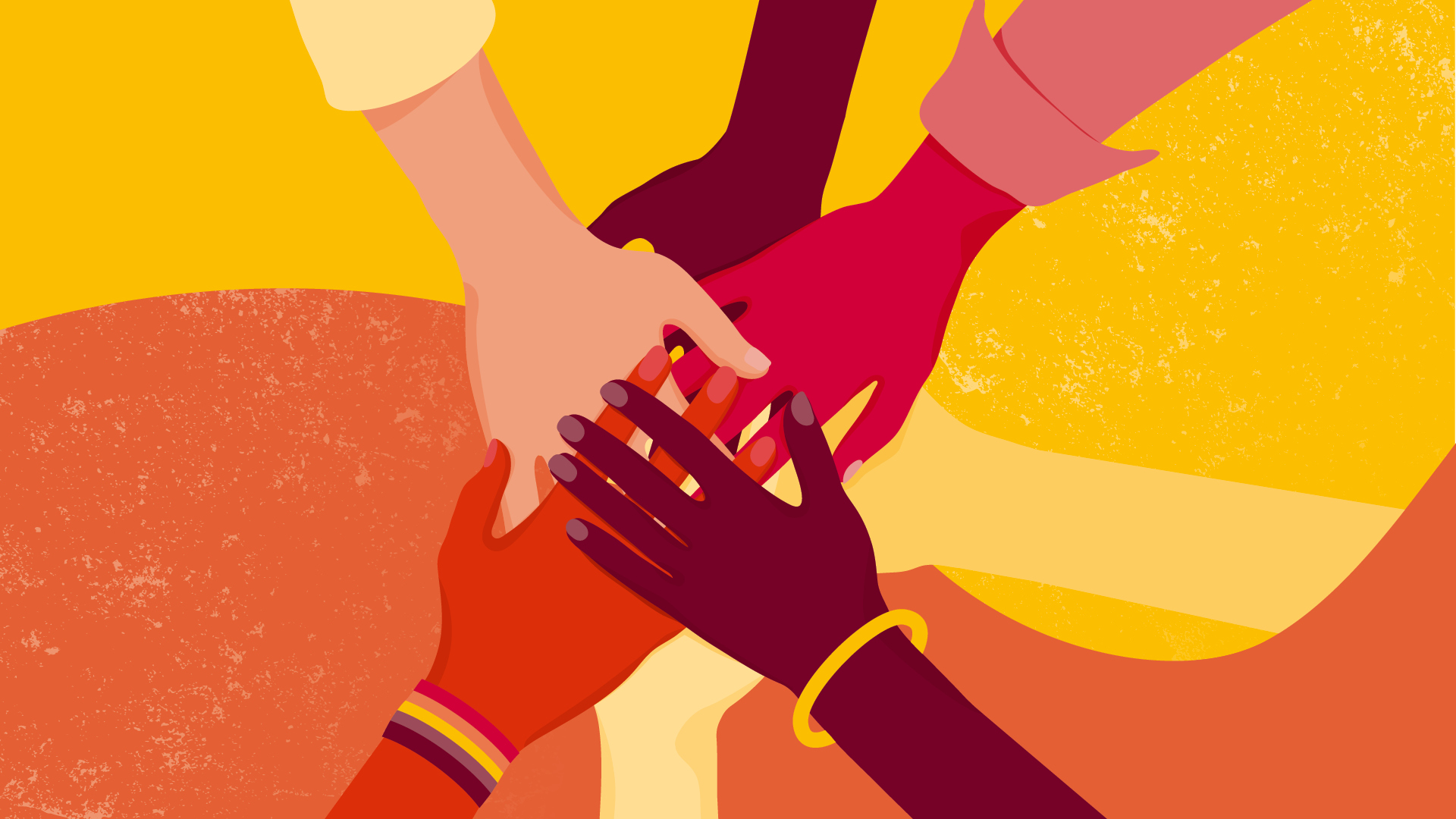Gender equity Development Minister Schulze presents feminist strategy
Press conference: Development Minister Svenja Schulze presenting her new strategy for a feminist development policy
By 2025, more than 90 per cent of the newly committed project funds of the Development Ministry are to be earmarked for projects that advance gender equality. Minister Schulze today informed the German cabinet about the strategy – together with the Foreign Minister Annalena Baerbock, who communicated her guidelines for a feminist foreign policy. Feminist foreign and development policies complement one another in striving to ensure equal participation for all people.
Minister Schulze said, “To me, feminist development policy is a question of equality. Women and girls make up half of the world. They should also have half of the power. But feminist development policy is also a dictate of common sense. Women are strong, women have innovative ideas, women have knowledge. No society can afford not to use this potential if it wants to progress. If women have equal rights and equal responsibility then there is less poverty, less hunger and more stability in the world. This means that is pays off to strengthen women’s and girls’ resources and representation.”
The BMZ wants to bring about a change in perspective through its strategy for a feminist development policy. So far, support for women and girls has mostly happened within the existing, often patriarchal social structures. Germany’s realigned development policy is to contribute to changing unequal power structures. These efforts are guided by the 3Rs – rights, resources and representation.
The rights include, for example, the right to bodily self-determination. Every woman should be able to decide for herself whether and when they want to have children, and how many children they want to have. And this also includes the right to education. All girls should be given the chance to graduate from school and learn the profession they are interested in. And women need to be guaranteed the right to go to court if they face unfair working conditions, if occupational health and safety standards are not met or wages are paid that are not enough to live on.
The resources include, for instance, access to land. Worldwide, women account for 43 per cent of the workforce in the agricultural sector; yet less than 15 per cent of landowners are women because of discriminatory inheritance laws. In addition, women need equal access to social protection systems such as health systems and provision for old age, and also to the financial system and loans.
Representation is about women participating in political offices, in decision-making bodies and in jurisdiction.
Women make up 50 per cent of the world’s population – hence they represent the world’s largest disadvantaged group. In addition, a number of marginalised groups are being discriminated and are especially hard hit by crises. In cases where climate change, for instance, leads to drought or flooding indigenous communities are often the first to lose their source of livelihood. Where people are displaced by wars and terrorist attacks, the difficult conditions on the move or in overcrowded camps are especially challenging for LGBTIQ+ persons and people with disabilities. Not only women but also queer people become victims of sexual and gender-based violence. The strategy for a feminist development policy is aimed at achieving equal rights for all people.
With a view to achieving the 3R-goals the strategy works on three levels:
Firstly, the feminist development policy is mainstreamed in the BMZ’s procedures and instruments for the cooperation with our partner countries. The BMZ has set itself the goal of increasing the proportion of new project funding to promote gender equality to more than 93 per cent by 2025 – the share was 64 per cent in 2021. The proportion of funds for projects with the principal objective of gender equality is to be doubled, taking it to eight per cent. The funding for measures where gender equality is a significant objective is to be increased to 85 per cent. The objectives and programmes are being jointly developed by the BMZ and its partner countries. They are adjusted to the conditions in the individual countries since there is a lot of variation amongst countries as regards gender equality.
Second, the BMZ is putting feminist development policy on the agenda of international cooperation, for instance within UN, World Bank or EU fora.
Third, at least fifty per cent of all BMZ leadership positions, for example, are to be held by women. In addition, the ministry pays heed to ensuring gender equal representation – for example in panel discussions.
The BMZ’s strategy was drawn up in a broad consultation process that involved German and international civil society, international organisations and academia. It provided space, in particular, to voices from the Global South in order to shape development policy on the ground together with the partner countries.


